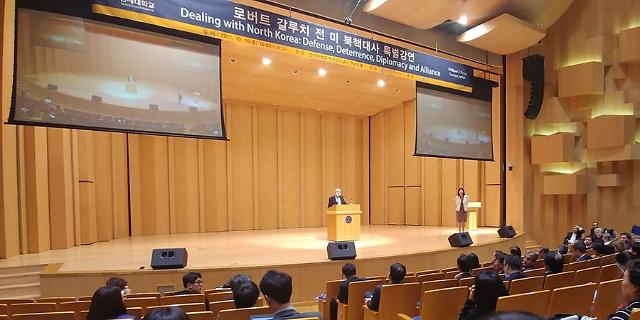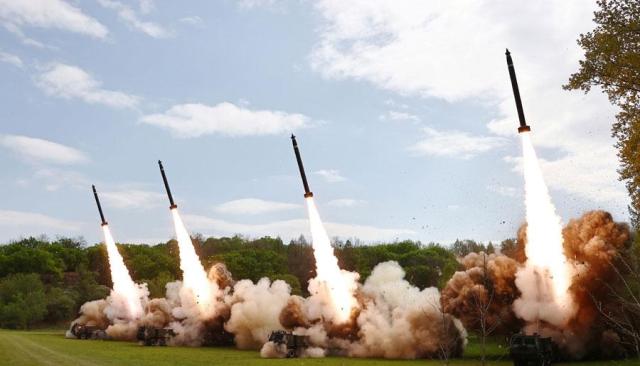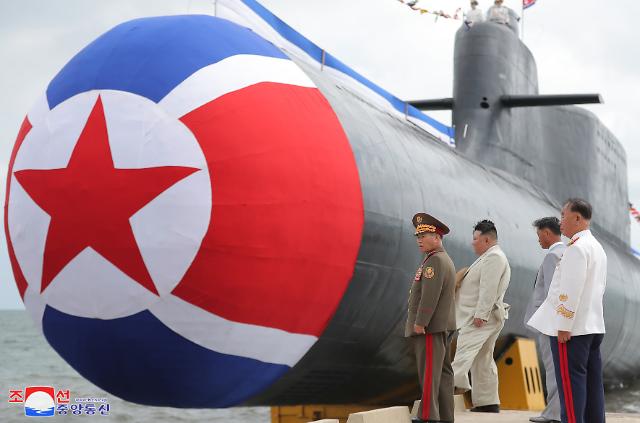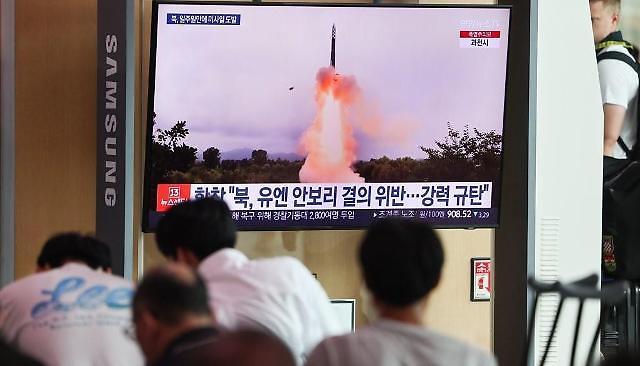
[Photo by Park Sae-jin]
China should be pressed to exercise more of its leverage against North Korea and implement economic sanctions faithfully, a former U.S. nuclear envoy said, expressing his clear objection to military options that could risk a second war on the Korean peninsula.
"I try to be clear that I don't see sanctions as a solution to the problem, but still I think sanctions can be useful and China can be useful in making them useful," Robert Gallucci, who served as chief U.S. negotiator during the North Korean nuclear crisis of 1994, said in his speech at an event hosted by the Yonsei Institute for North Korean Studies in Seoul.
He suggested Washington and its allies should ask Beijing to tame the unpredictable and defiant regime in Pyongyang for "behaving in an aggressive way".
"We need to demand China to politically take a position with Pyongyang and say that they can pull back from North Korean and other regions," Gallucci said. "Also, while the Chinese are doing that, we need to ask the Chinese to honestly implement in terms of sanctions resolutions."
China has reluctantly supported sanctions imposed under the U.N. Security Council Resolution No. 2375. However, the international community wants Beijing to play a more active role in removing North Korea's missile and nuclear threats.
Analysts said Pyongyang was nervous about Beijing's toughened stance as 90 percent of North Korea's external trade comes through China. "China's practical sanctions are a direct and significant blow to Pyongyang," Kim Sang-soon, president of the Seoul-based East Asia Peace Research Association, told Aju News.
"The hardship caused by China's economic sanctions is serious because 90 percent of North Korea's external trade comes through China," Kim said.
Gallucci, a distinguished professor in the Practice of Diplomacy at Georgetown University, accused Pyongyang of building nuclear weapons and intercontinental ballistic missiles targeting American cities and supported the deployment of a U.S. Terminal High Altitude Area Defense (THAAD) system in South Korea.
"We are already doing something they don't like in response, helping with the deployment of THAAD radars," the former envoy said. "The international community's judgment is that North Koreans richly deserve international sanctions."
However, Gallucci opposed military options that could risk war, apparently referring to the tough-talking U.S. president. "The reason I am talking here today is (that) I think it's the wrong answer."
Gallucci is sympathetic with the policy of former President Barack Obama, known as "strategic patience," which centered on waiting for Pyongyang to show good faith and return to denuclearization talks while increasing sanctions and pressure on the regime.




